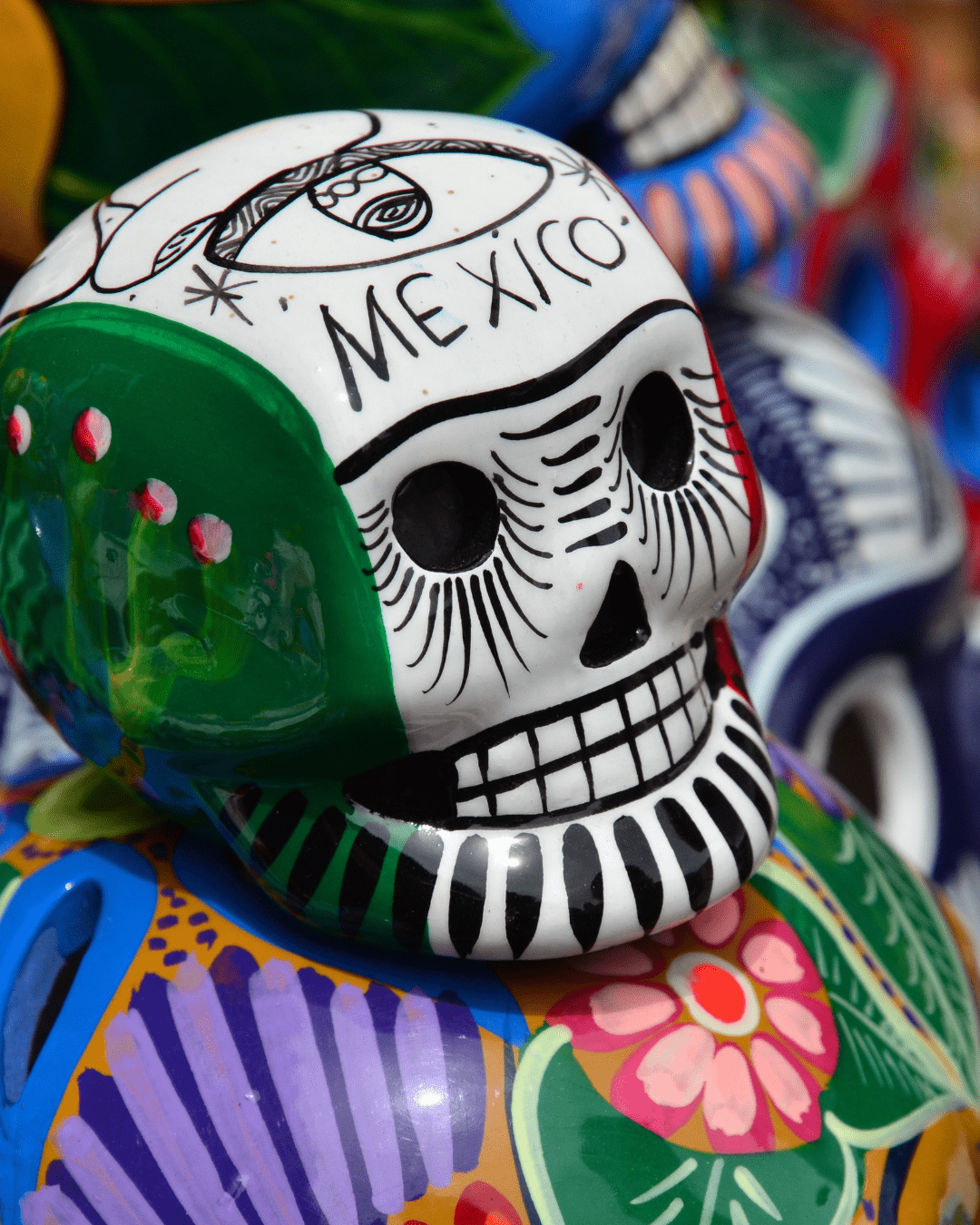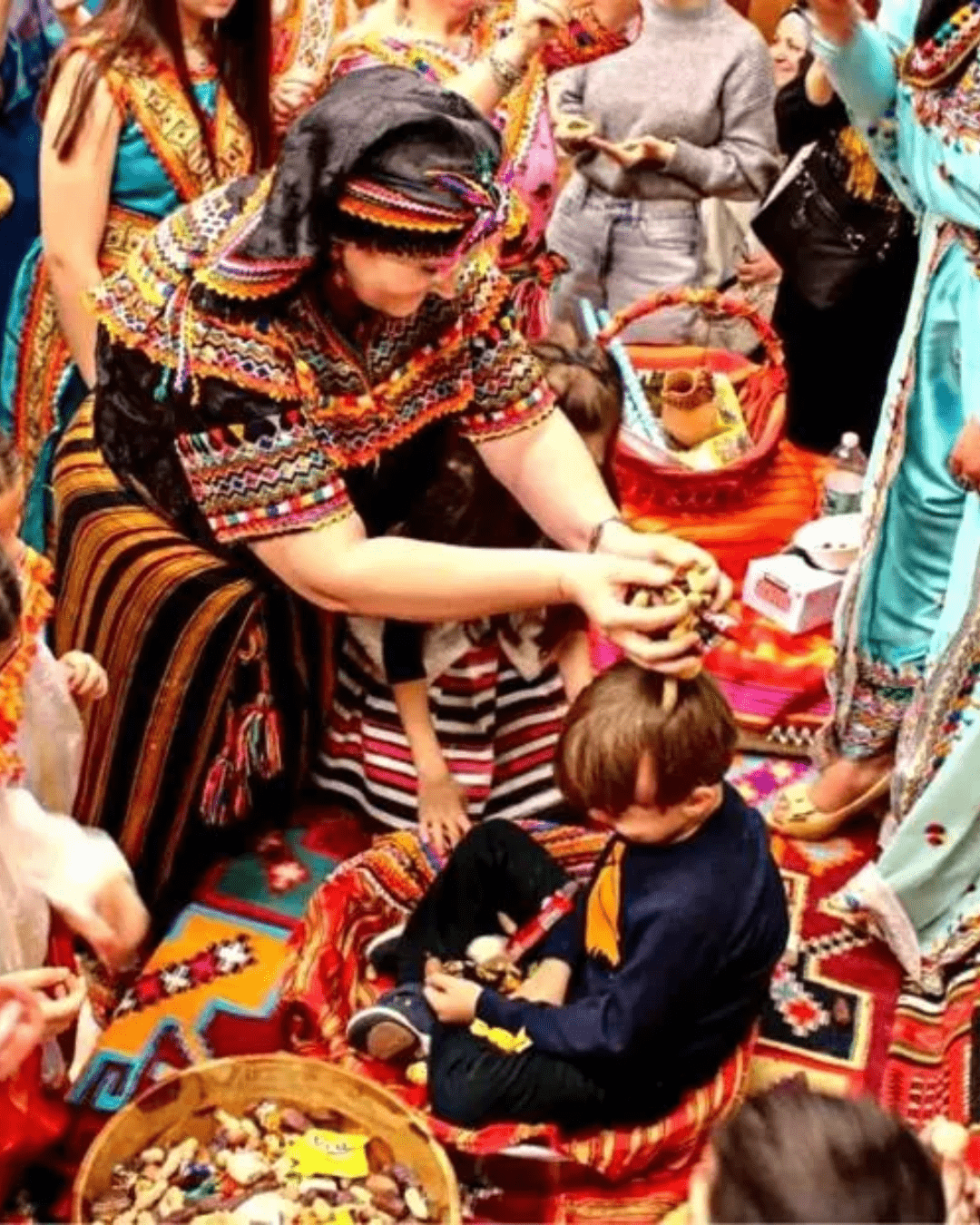Indigenous Voices in Japan: A Story of Culture, Struggle, and Resilience

Have you ever thought about who the original inhabitants of Japan are? Most people know Japan for its technology, pop culture, and delicious food, but there's another layer to this fascinating country - the story of its Indigenous Peoples.
Who are Japan’s Indigenous Peoples?
Japan is home to two main Indigenous groups:
-
The Ainu: They traditionally lived in Hokkaido, the northernmost island of Japan, as well as parts of Sakhalin and the Kuril Islands (now Russian territories).
-
The Ryūkyūans (or Okinawans): They are from the Ryūkyū Islands, which make up the current Okinawa prefecture in the southernmost part of Japan.
These groups each have their own unique cultures, languages, and histories that stretch back centuries. It's important to note that while the Japanese government has recognized the Ainu as Indigenous Peoples since 2008, it does not recognize the Ryūkyūans as such.
What challenges do they face?
Both groups face unique challenges rooted in historical and ongoing issues:
-
Land Rights: The Ainu have had their land and resources taken away since the late 1800s. Even today, they have limited harvesting rights and continue to fight for recognition of their traditional territories. In 1869, Hokkaido was unilaterally incorporated into the Japanese state.
-
Military Presence: The people of Okinawa have been struggling with the impact of a large US military presence for decades. There are ongoing protests against the construction of new military facilities, and these communities have experienced negative effects from the military, including frequent incidents, health concerns, and land disputes. In 2023, there was further militarization of the Ryukyu Islands, which led to protests.
-
Discrimination: Both the Ainu and Ryūkyūan peoples face discrimination in Japanese society. This includes hate speech and lack of recognition for their rights and cultural identity. Some have migrated to urban centers to escape discrimination in Hokkaido.
-
Language Suppression: There have been instances of Japanese Diet members criticizing Okinawans for using their language, Uchinaaguchi. The Okinawan language is one of the Ryukyuan languages.
-
Loss of Culture: The storage of Ryukyuan ancestral remains in museums has damaged funeral practices and the spiritual world of the Ryukyu people. There is an ongoing struggle for the return of these ancestral remains.
What’s happening now?
Despite these challenges, there are movements for change:
-
Legal Battles: The Ainu are fighting in court for their fishing rights, arguing that their traditional practices should be recognized under international law. The Raporo Ainu Nation is litigating against the government over traditional salmon fishing rights.
-
International Support: The Ainu have gained international support, and there has been a call for the Japanese State to recognize Ainu collective rights to land and resources by the UN Working Group on Business and Human Rights. In 2023, the Raporo Ainu Nation hosted an international Indigenous symposium to raise awareness of Indigenous rights. Okinawa Prefecture Governor Tamaki participated in the UN Human Rights Council meeting to address concerns about the US military presence.
-
Advocacy and Activism: Both the Ainu and Ryukyuan peoples are actively working with civil society organizations to have their voices heard by the government. There have been protests against hate speech, military expansion, and the lack of recognition of Ryukyuan people as Indigenous.
-
New Laws: The Japanese government is reviewing the Ainu Policy Promotion Act, with the goal of strengthening protections and rights.
Why should we care?
The struggles of the Ainu and Ryūkyūan peoples remind us that human rights are not just abstract ideas but are the real experiences of real people. It highlights the importance of:
-
Recognizing Indigenous rights to self-determination, land, and culture.
-
Respecting diverse cultures and languages.
-
Holding governments accountable for their actions.
-
Learning from the struggles of others.
The story of Japan's Indigenous Peoples is not just a part of Japanese history, it's part of the larger, global story about the ongoing fight for justice, equality and human rights. By understanding these stories, we can all become better global citizens.
Want to learn more?
Check out the IWGIA (International Work Group for Indigenous Affairs) website for more information and resources.
This article is based on reports from the International Work Group for Indigenous Affairs (IWGIA).


